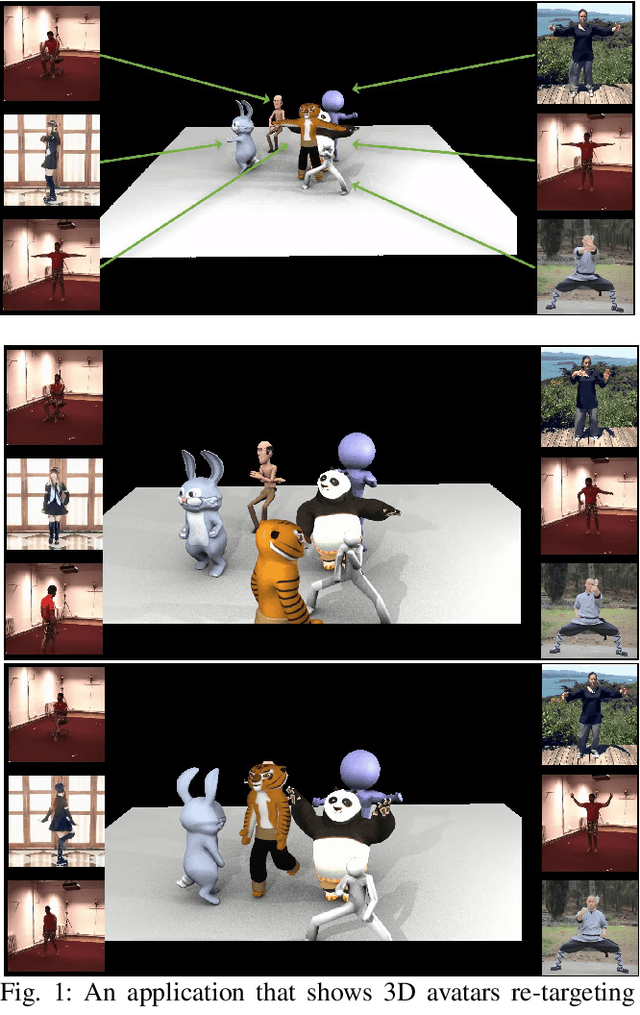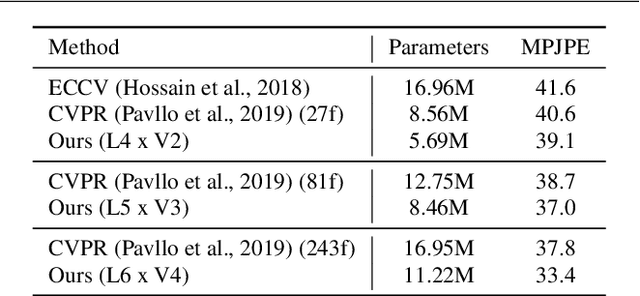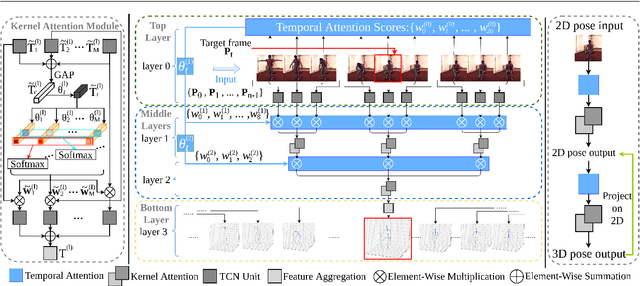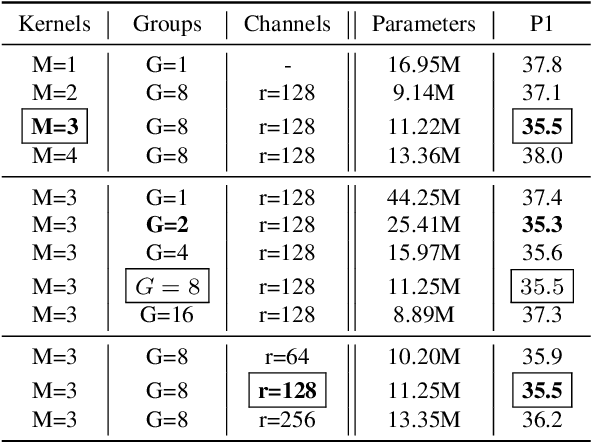Sen-ching Cheung
Empowering Source-Free Domain Adaptation with MLLM-driven Curriculum Learning
May 28, 2024Abstract:Source-Free Domain Adaptation (SFDA) aims to adapt a pre-trained source model to a target domain using only unlabeled target data. Current SFDA methods face challenges in effectively leveraging pre-trained knowledge and exploiting target domain data. Multimodal Large Language Models (MLLMs) offer remarkable capabilities in understanding visual and textual information, but their applicability to SFDA poses challenges such as instruction-following failures, intensive computational demands, and difficulties in performance measurement prior to adaptation. To alleviate these issues, we propose Reliability-based Curriculum Learning (RCL), a novel framework that integrates multiple MLLMs for knowledge exploitation via pseudo-labeling in SFDA. Our framework incorporates proposed Reliable Knowledge Transfer, Self-correcting and MLLM-guided Knowledge Expansion, and Multi-hot Masking Refinement to progressively exploit unlabeled data in the target domain. RCL achieves state-of-the-art (SOTA) performance on multiple SFDA benchmarks, e.g., $\textbf{+9.4%}$ on DomainNet, demonstrating its effectiveness in enhancing adaptability and robustness without requiring access to source data. Code: https://github.com/Dong-Jie-Chen/RCL.
Enhanced 3D Human Pose Estimation from Videos by using Attention-Based Neural Network with Dilated Convolutions
Mar 04, 2021



Abstract:The attention mechanism provides a sequential prediction framework for learning spatial models with enhanced implicit temporal consistency. In this work, we show a systematic design (from 2D to 3D) for how conventional networks and other forms of constraints can be incorporated into the attention framework for learning long-range dependencies for the task of pose estimation. The contribution of this paper is to provide a systematic approach for designing and training of attention-based models for the end-to-end pose estimation, with the flexibility and scalability of arbitrary video sequences as input. We achieve this by adapting temporal receptive field via a multi-scale structure of dilated convolutions. Besides, the proposed architecture can be easily adapted to a causal model enabling real-time performance. Any off-the-shelf 2D pose estimation systems, e.g. Mocap libraries, can be easily integrated in an ad-hoc fashion. Our method achieves the state-of-the-art performance and outperforms existing methods by reducing the mean per joint position error to 33.4 mm on Human3.6M dataset.
 Add to Chrome
Add to Chrome Add to Firefox
Add to Firefox Add to Edge
Add to Edge